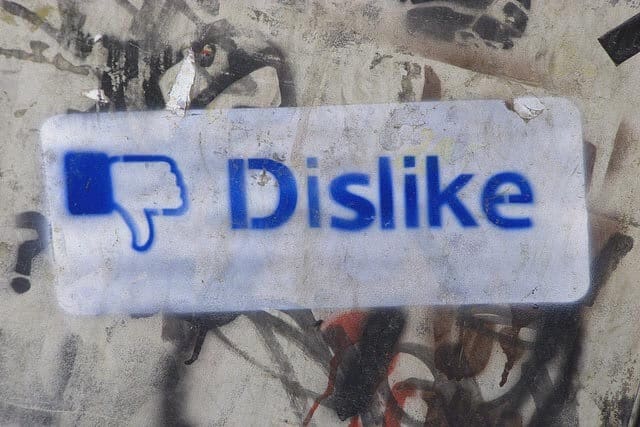A new study was designed to test whether contacts in a person’s Facebook friends list who are romantically desirable are more or less of a threat to an existing relationship than are potential partners a person can recall from memory. In this Facebook versus memory experiment participants were shown their friends list to trigger recognition of potential sexual partners, but the study showed that Facebook friends were not seen as romantic alternatives that threatened current committed relationships, as reported in an article published in Cyberpsychology, Behavior, and Social Networking, a peer-reviewed journal from Mary Ann Liebert, Inc., publishers. The article is available free on the Cyberpsychology, Behavior, and Social Networking website until October 30, 2015.
In “Facebook or Memory–Which Is the Real Threat to Your Relationship?” Michelle Drouin and Daniel Miller, Indiana University-Purdue University, Fort Wayne, IN, and Jayson Dibble, Hope College, Holland, MI, conclude that alternative, romantically desirable partners people keep in their memories are more of a threat to existing relationships than are alternative partners they might consider from scrolling through their list of Facebook friends. The authors found that merely thinking about a person one views as a potential romantic partner could lower an individual’s relationship satisfaction and commitment to one’s current partner.
“You can close your eyes to reality, but not to memories,” said the poet Stanislaw Jerzy Lec. Journal Editor-in-Chief Brenda K. Wiederhold, PhD, MBA, BCB, BCN, Interactive Media Institute, San Diego, California and Virtual Reality Medical Institute, Brussels, Belgium states, “The participants in this study were unmarried, younger adults, and although the results may not generalize to older, married adults, comparing the power of technology versus the impact of our internal memories on interpersonal relationships is an important area of research.”

